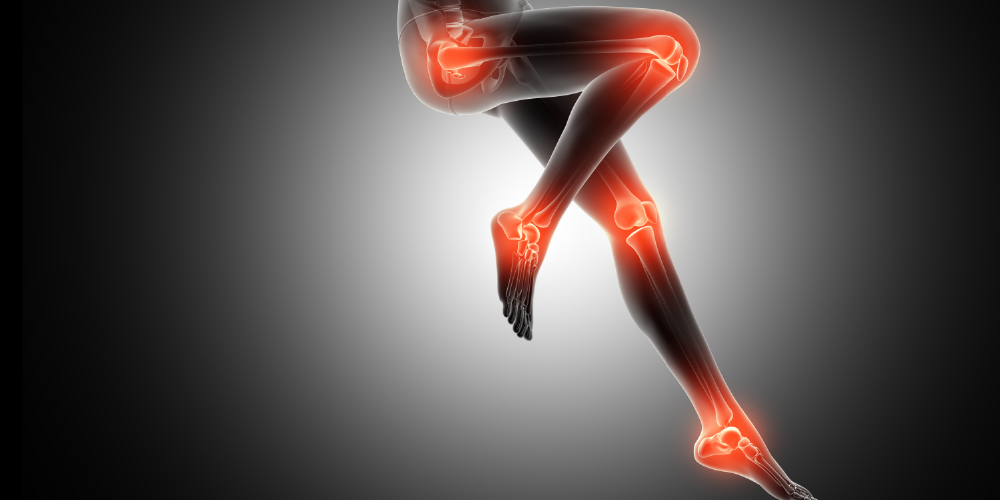Contrary to popular belief, arthritis is not, in itself, a disease. When individuals experience ongoing joint pain or discomfort, they will often refer to their symptoms as ‘arthritis’ – a general term, of which there are more than 100 differing subtypes. More than 50 million adults nationwide suffer from symptoms of arthritis; men and women of all ages can be afflicted, dependent upon genetics, immune system health, age, and pre-existing medical conditions (including past injury). There are many types of arthritis (as previously mentioned), though the most common types include degenerative arthritis, inflammatory arthritis, metabolic arthritis, and infectious arthritis. Degenerative arthritis, also known as osteoarthritis, is by far the most common type. Osteoarthritis is caused by the wearing down of cartilage (the cushiony substance between two bones). When cartilage wears away, the bones rub together, causing a great deal of discomfort. If arthritis remains untreated for an extended period of time, pain may become chronic.
Symptoms of Arthritis
The majority of arthritis-related symptoms directly involve the joints. The most common symptoms of arthritis include:
- Pain
- Swelling
- Decreased flexibility
- Stiffness
Symptoms of arthritis may vary depending on what specific type of arthritis an individual suffers from; though physical symptoms will typically include:
- Wearing away of the bone cartilage, resulting in grinding of the bones (which in turn leads to restricted movement and intense pain)
- Fatigue or malaise of the entire body
- Loss of joint function
- Limping/inability to walk with ease
- Loss of range of motion
- Ongoing issues with joints, such as redness, swelling, and stiffness
Treatment for Arthritis
If an individual is suffering from mild arthritis, or arthritis in the very beginning stages, symptoms can be adequately treated with an improved regime of self-care. Self-care may look like increased physical exercise (usually by ay of mild exercises such as tai-chi and yoga), changes to diet (with the ultimate goal of weight loss), heating pads and cold compresses, and decreased strenuous activity. Usually, a combination of self-care and therapeutic methods like acupuncture, hydrotherapy, and massage will be extremely beneficial in the alleviation of arthritis-related pain. If self-care proves ineffective, however, less conservative methods of treatment may prove necessary. Medications may be helpful, and surgery may be a necessary last resort (if symptoms fail to improve with non-invasive therapies).
How Comprehensive Pain of the Palm Beaches Treats Arthritis
We at Comprehensive Pain of the Palm Beaches treat each case of arthritis-related pain on a highly individualized and comprehensive basis. We will take a thorough look at personal history, as well as at the severity and persistence of related symptoms. If arthritis is in the beginning stages, and pain is mild to moderate, we will look to a combination of non-invasive therapies and anti-inflammatory medications. If pain is more severe and arthritis is more advanced, we will look into more efficient treatment options – utilizing surgical intervention as a last resort.
If you are suffering from arthritis, we can help. Call (561) 434-7577 and let the caring staff at Comprehensive Pain of the Palm Beaches get you on the path to healing.


